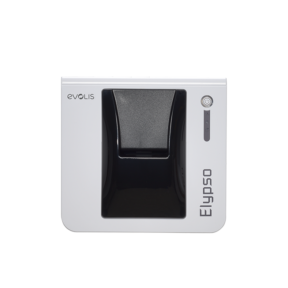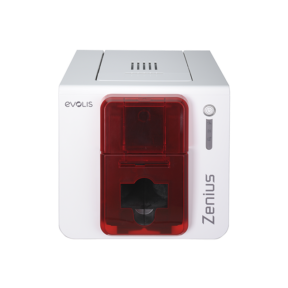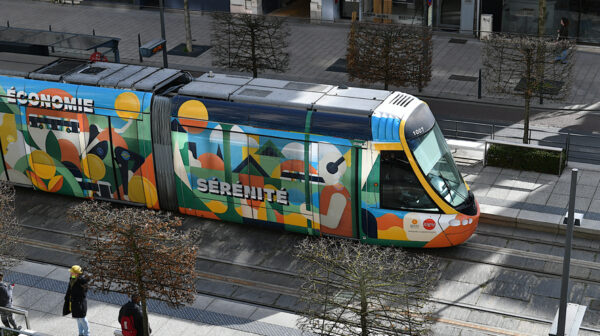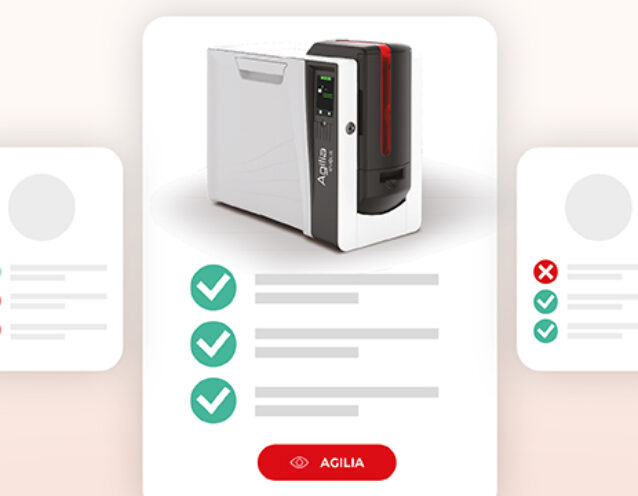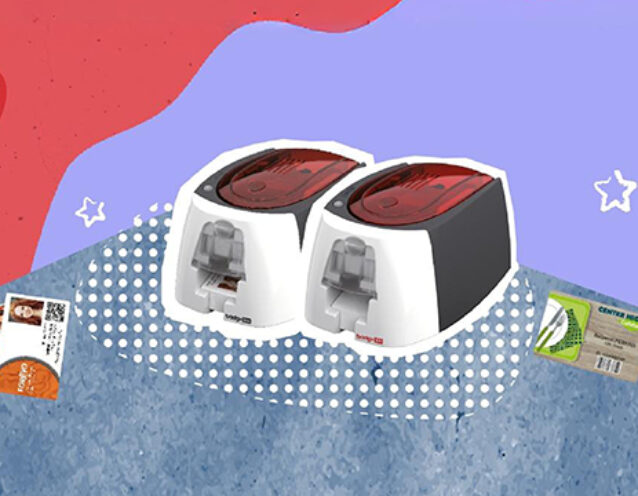Resident Identification Cards in Japan
Resident Identification Cards in Japan
Japanese Identification Cards Updated Directly At Local City Halls.



The challenge: Identify Japanese residents and simplify administrative procedures
In 2016, the Japanese Government announced that each resident would have a personal identification number. Substituting to some extent for a national ID card, which doesn’t exist in Japan, the system My Number enables the Japanese Government to:
- identify residents
- and simplify administrative procedures.
Upon a citizen’s request this number can be associated to a plastic card called My Number Card. The first My Number Card would always be issued centrally by the Japanese government but the updates with new addresses would be managed by each City Hall.
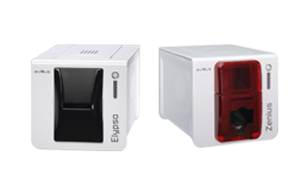
The solution: More than 700 Evolis systems deployed in Japanese City Halls
Today, over 200 City Halls in Japan use an Evolis card printer to print citizens’ new addresses when they move. When a citizen relocates, the City Hall of its new place of residence prints the new address on the card.
Evolis Printing Systems have been adapted to the technical specifications of Japanese City Halls
Each card is equipped with a contactless chip. As existing cards needed to be automatically recognized by the printing system, the Japanese system integrator DNP IDS has customized the Evolis printers with a contactless chip encoding.
In order to adapt Evolis Printing systems to the numerous card designs used by City Halls, Evolis has developed a specific scanner, which, integrated to every printer, analyses the card images. This scanner determines the size and positioning of the text box to recognize the orientation of the inserted card, and makes automatically the necessary adjustments to print the text in the right place.
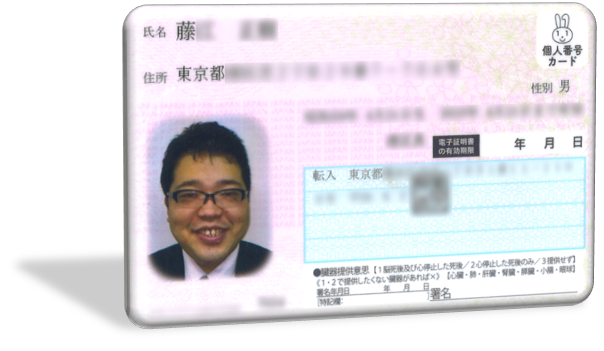
The result: Employee reactivity and uniformity of the method
CardEx, the Evolis distributor in Japan, has deployed 500 Elypso and 250 Zenius systems in City Halls throughout the country. One City Hall using Evolis systems is the City Hall of Koto Ward in Tokyo.
“This method is more formal and it is appreciated for its uniformity, its readability, convenience and speed, and because it sharply reduces the chance of human error,” explains an official at Koto City Hall. Of the 3000 civil servants who work in Koto Ward City Hall, around 140 of them use the card printers.
Discover
